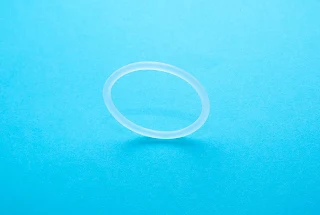Managing Hormonal Health and Libido with Supplements
Dealing with low libido and a lack of spontaneous erections, though ruled out impotence. A year ago, your hormone levels were checked, revealing low testosterone, very low SHBG (Sex Hormone-Binding Globulin), high estradiol, and high prolactin. Since then, you’ve gained weight but maintain a healthy body fat percentage. You are currently taking the following supplements:
- Creatine (1 scoop daily)
- Omega 3 (3x daily)
- Vitamin D3 (1x daily)
- Magnesium bisglycinate (2x daily)
- Opti zinc (considering replacing current zinc supplement)
- Zinc bisglycinate (1x daily, recommended dose is 2)
Potential Impact of Each Supplement on Hormonal Health and Libido
- Creatine: Generally supports muscle growth and athletic performance but unlikely to affect libido directly.
- Omega-3 Fatty Acids: Known for anti-inflammatory properties; can positively impact overall health and hormonal balance.
- Vitamin D3: Important for testosterone production, low levels may affect libido.
- Magnesium Bisglycinate: Helps regulate hormones, reduce stress, and may improve libido.
- Zinc Bisglycinate: Key for testosterone production and libido, ensure proper dosage.
- Optizinc: Future supplement to replace current zinc, crucial for maintaining testosterone levels.
Considerations and Recommendations
- Hormonal Changes with Weight Gain: Weight management is crucial for hormone balance.
- Monitor Hormonal Levels: Recheck hormone levels after a few months of supplement use.
- Dosage and Balance: Ensure recommended dosages to avoid imbalances.
- Consult a Healthcare Professional: Get personalized advice for your hormonal health.
- Lifestyle Factors: Incorporate diet, exercise, and stress management for optimal hormonal health.
By adjusting your supplements and focusing on lifestyle, you can better address libido issues. Always consult a healthcare provider for personalized advice.

